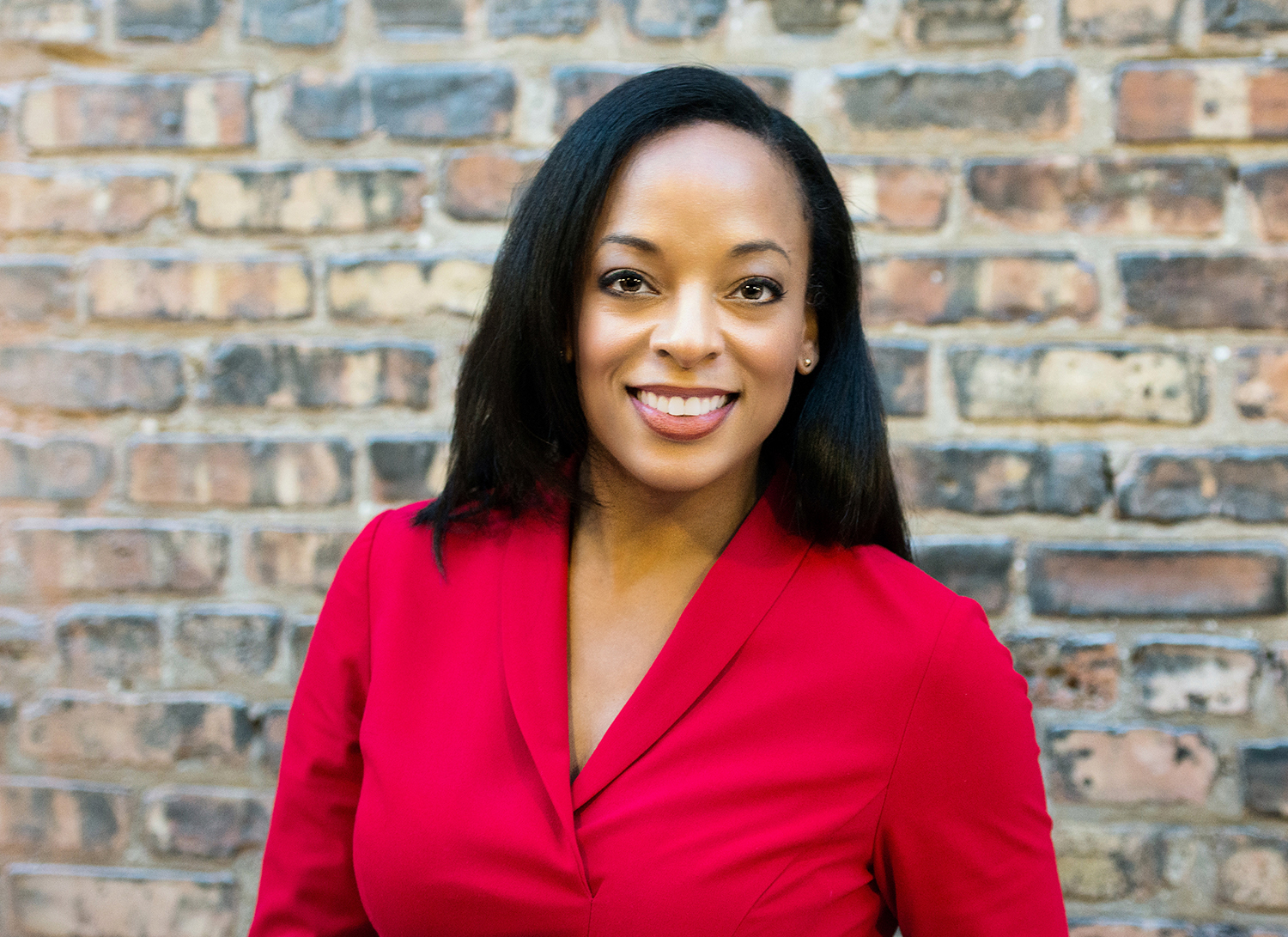Alaina Beverly has spent her career championing and empowering underserved communities and working with stakeholders to work toward justice and opportunity for all. She started her career as a litigator for the NAACP Legal Defense and Educational Fund and later worked in the Obama Administration supporting civic engagement in communities. Her expertise as a lawyer and civic organizer for communities of color nationwide aligns strongly with our work, which is why we are honored to have her as a board member.

Capital Impact Board Member Alaina Beverly lends her expertise in empowering communities to support Capital Impact’s social and economic justice work.
In this blog, Alaina explains how she joined Capital Impact’s board and what she thinks needs to be done to truly foster communities of opportunity.
Q: What are you passionate about?
Alaina: I am passionate about empowering historically marginalized communities, particularly the African-American community. That is what drives me, trying to improve quality of life for those individuals and families. That and my two-year-old daughter, she drives me to make the world better.
Q: Why are these things so important to you?
Alaina: I care about all of the pillars that form the foundation of a strong community, and that inform economic security and community health. We know that place is important in determining a person’s quality of life and also their life outcomes. Since that is the case, we need to invest in all of the different parts that make a community whole.
There is an economic argument that if we all do better, then the country thrives. But on a fundamental, more human level, we should all have spaces that inspire us to be our best selves. Everyone should have the opportunity to thrive.
Q: Did your passions lead you to focus your career on improving quality of life for communities?
Alaina: Yes. My work has been driven by equity, understanding the forces that lead to disinvestment and leveraging a variety of tactics to expand opportunity, particularly for communities of color. I started off as a litigator for the NAACP Legal Defense and Educational Fund. I was also a voting rights attorney because I believe in the importance of civic participation to help achieve policy change.
Later, I worked on Barack Obama’s campaign and then in the White House Office of Urban Affairs, creating a federal partner for urban communities.
My role now at the University of Chicago combines three focuses that align with my mission and what drives me. First is Urban America Forward – a program that I launched in 2015 – that convenes practitioners and scholars and thought leaders and civil rights advocates for discussions and engagement around policies to improve urban America. Discussions range from tackling poverty and the racial wealth divide to addressing criminal justice, affordable housing, public safety, and workforce development.
Secondly, I help leverage the human capital, innovation, and purchasing power of the University to support communities on the south side of Chicago. Thirdly, I share the University’s research on a range of topics – from criminal justice to education to economics – with federal policy makers to inform their approach to the needs of urban communities.
Q: How did you come to join Capital Impact’s board?
Alaina: I originally researched Capital Impact for Urban America Forward. I was looking for a Community Development Financial Institution (CDFI) and a nonprofit partner that was investing in housing and revitalizing communities. I saw all the work that Capital Impact Partners is doing on the affordable housing and housing stabilization front, and to support revitalization in Detroit. Capital Impact’s investments in the Woodward Avenue corridor have been revolutionary, in financing community development that creates a vibrant and hopeful place to live.
Q: What about Capital Impact do you think is special or unique?
Alaina: I think that a racial equity lens is one of the distinguishing characteristics of Capital Impact Partners’ work. That is not the case with all CDFIs. It takes openness and honesty to acknowledge that racial discrimination is a major factor in the poverty in our communities and that multi-faceted approaches are necessary to address these issues impacting our communities.
I also think that the organization’s values create a special environment. Not shying away from peeling back the layers and understanding why a community is in the situation in which it finds itself is really revolutionary and is the first step in trying to craft solutions and opportunities that meet community needs. In that approach, Capital Impact shows the ability to innovate while leading.
Q: How does being on Capital Impact’s board help you achieve your vision?
Alaina: By virtue of working with a racial equity lens and trying to deconstruct barriers to opportunity in communities, Capital Impact is investing in players that are building up strong communities and creating the types of opportunities that I think are important in America’s cities.
Also, Capital Impact Partners helps to provide comprehensive investments in cities that I believe will be transformative by helping to provide capital and leverage financing from the federal government and other partners.
My personal principles are very closely aligned with this work, but I also get an opportunity to share my own community engagement and advocacy and policy skills in a way that might help Capital Impact deepen its impact in the field.
Q: What makes Capital Impact qualified to address the issues that our communities face?
Alaina: A 37-year track record of success, and commitment to the values that guide the organization. Capital Impact could just ride on a national reputation, but the organization implements a place-based strategy with staff on the ground, and that reinforces its credibility.
Q: What value do you think mission-driven organizations like CDFIs and Capital Impact bring to often disinvested, often marginalized communities?
Alaina: Trust. Mission-driven organizations, by their very existence, tell you who they work for – the community – and what they want to do, which is to drive outcomes for the communities that they serve. And while CDFIs and mission-driven organizations have a financial bottom line, it is a double bottom line. They make sure that everything that they do is about furthering their mission. This work proves that it is possible to make solid investments and meet the bottom line while placing the success of the community at the center.
When an organization is close to community – which Capital Impact is in several regions across the country – trust builds with community members, and that trust facilitates space for high-performing programs that are responsive to community goals.








